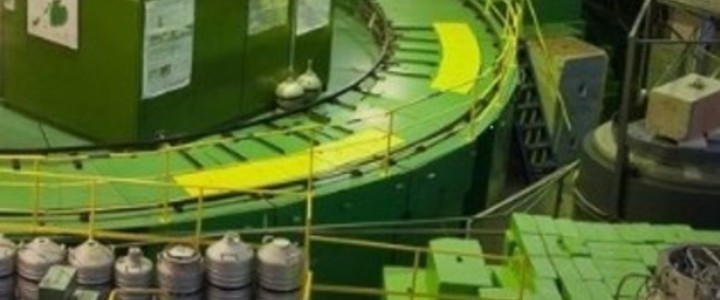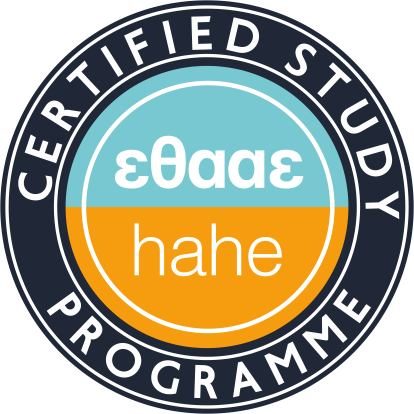
Associate Professor, PhD
Joint Institute for Nuclear Research, Russian Federation, Russia
ABSTRACT
The history of the development of neutron activation analysis in the Laboratory of Neutron Physics at Joint Institute for Nuclear Research is briefly outlined. Created under initiative of Academician I.M. Frank in the 1960s, a small group now turned into a large international team involved in projects in the framework of programs coordinated and supported by IAEA, the European Union, the Russian Fund for Basic Research (RFBR), as well as grants of Plenipotentiaries of JINR member states. Modernization of the pneumatic system equipped with three automatic sample changers and created NAA database to automate the measurement and processing of gamma spectra of induced radionuclides are described. Experience in the Life Sciences and Materials Science is summarized. Examples are given of projects related to the monitoring of atmospheric deposition of heavy metals and radionuclides carried out in the framework of the United Nations Program on Long-Range Transboundary Air Pollution in Europe (UNECE ICP Vegetation), a project to assess the state of the environment in Egypt, based on the analysis of soil and the sediment basin of the river Nile, as well as project on monitoring trace elements in aquatic ecosystem in the Western Cape, South Africa («Mussel Watch Program»), etc. In combination with microscopy, the synthesis of nanoparticles of various metals via biotechnology is studied. Our investigations on applying NAA to solve the problem of industrial wastewater treatment were awarded Gold Medals by the European Union, in 2013 and 2015. New areas of research – study of natural medicinal plants and search for cosmic dust in natural planchettes (Arctic and Antarctic mosses, Siberian peat bog cores, etc) – reflect the public and scientific interest in these topics. Future extensions of th sector´s research is connected with the radioecological studies using precision gamma-spectrometry and a low-background laboratory for carrying out measurements of natural and anthropogenic radioactivity. Perspective of creating the Centre of Collective Useage at the planned Dubna Neutron Source of the fourth generation (DNS-4) to be put into operation in 2035-2036 is mentioned.


